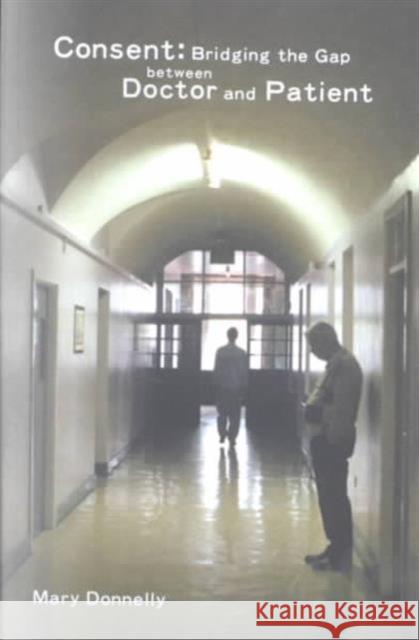Consent: Bridging the Gap Between Doctor and Patient » książka
Consent: Bridging the Gap Between Doctor and Patient
ISBN-13: 9781859182758 / Angielski / Miękka / 2003 / 98 str.
The traditional Hippocratic Oath sworn by generations of doctors requires the physician to -prescribe regimen for the good of my patients according to my ability and my judgement and never do harm to anyone.- The patient's views as to what constituted her -good- did not have to be canvassed. Like many hitherto unexamined aspects of Irish society, the relationship between doctor and patient has been re-evaluated in recent years. In theory, at least, we now live in a society where the patient, and not the doctor, knows best, where an individual's consent is a fundamental prerequisite for any medical procedure. Yet, in spite of the importance afforded to consent by legal, ethical, and medical commentators, the reality is that genuine and informed consent to medical procedures is often absent. Many patients, either by choice or because they have no alternative, still leave the responsibility for health-care decisions in the hands of physicians.
This book looks at the requirement for consent to medical procedures. It considers how this requirement has assumed the important position it now holds and examines the way in which the requirement is given legal force. It asks why Ireland's health-care system operates in a way that fails to deliver genuine and informed consent and why the legal system fails to make it do so. The book also questions whether the focus on consent creates an unnecessary distance in the relationship between physician and patient. It argues that a revision of existing legal frameworks is important in order to protect patients' rights and suggests a solution. However, it also argues that the law is a limited tool which can never fully take account of the complexities of the doctor-patient relationship, and that a more effective means of ensuring greater patient participation in health-care decision-making is needed.











